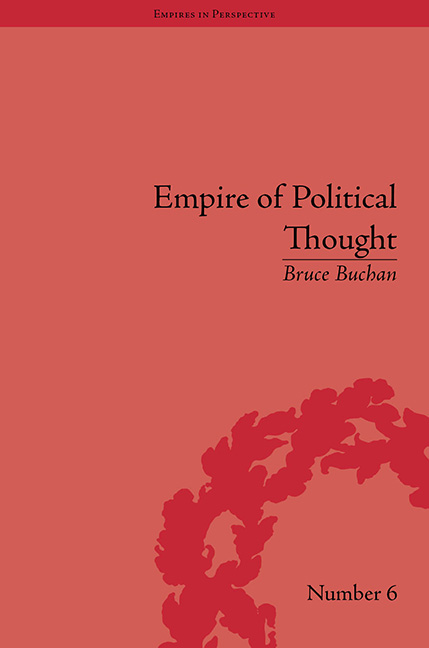Book contents
- Frontmatter
- CONTENTS
- Acknowledgements
- List of Illustrations
- Introduction
- 1 Savagery, Civilization and Political Thought
- 2 ‘Trafficking’ for Empire: Commerce, Consent and Colonization
- 3 Difficult Subjects
- 4 The Subject of War
- 5 Fit for Society
- 6 Liberalism, Self-Government and the Ethnography of ‘Primitive Society’
- Conclusion: After the Tide of History, Reconciliation?
- Notes
- Works Cited
- Index
4 - The Subject of War
- Frontmatter
- CONTENTS
- Acknowledgements
- List of Illustrations
- Introduction
- 1 Savagery, Civilization and Political Thought
- 2 ‘Trafficking’ for Empire: Commerce, Consent and Colonization
- 3 Difficult Subjects
- 4 The Subject of War
- 5 Fit for Society
- 6 Liberalism, Self-Government and the Ethnography of ‘Primitive Society’
- Conclusion: After the Tide of History, Reconciliation?
- Notes
- Works Cited
- Index
Summary
When Captain Arthur Phillip had his official instructions read to the assembled officers, marines, convicts and assorted other colonists at Sydney Cove on 7 February 1788, the sovereignty of His Majesty's government was asserted ‘over all those Territories, belonging to his Britannic Majesty’, investing ‘full power and authority’ in the office of his Governor of the colony. This was not, as the British saw it, a dispossession of Indigenous people, because they did not regard the Indigenous peoples to be exclusive owners of the entire surface of the continent. Above all, however, this taking of possession and the blank assertion of British sovereignty was not considered to be a conquest. There had been and would be no war and no peace negotiation over the presumptive right the British assumed they had to take possession. Consequently, there would be and indeed in the eyes of British officials there could be no treaty with the Indigenous inhabitants of Australia.
Some have argued that this decision was based on the ‘lie’ of terra nullius and the consequent failure to extend citizenship status to Indigenous Australians contrary to ‘the British rules of citizenship’. This argument, however, overlooks the complexity of contemporary British discourse, especially in regard to citizenship:
So diverse was the [British] empire assumed to be that the peoples of the British Isles seem rarely to have envisaged themselves as citizens of a greater Britain that incorporated the peoples of the empire in a common Britishness with them … In the absence of any concept of common citizenship, the peoples of the empire tended to be ordered in public debate in Britain according to whatever hierarchical system was in vogue, be it progress towards civility or innate racial characteristics. Britain's supremacy in this ranking was rarely questioned.
Indeed, the very assumption that the British had uniform ‘rules’ of citizenship in 1788 is as problematic as the assertion that the notion of citizenship could be extended to the Indigenous peoples of Australia. As Claeys has masterfully demonstrated, there was no single or uncontested public discourse in Britain at this time, much less one that stipulated full adult male suffrage or citizenship.
- Type
- Chapter
- Information
- Empire of Political ThoughtIndigenous Australians and the Language of Colonial Government, pp. 75 - 98Publisher: Pickering & ChattoFirst published in: 2014



